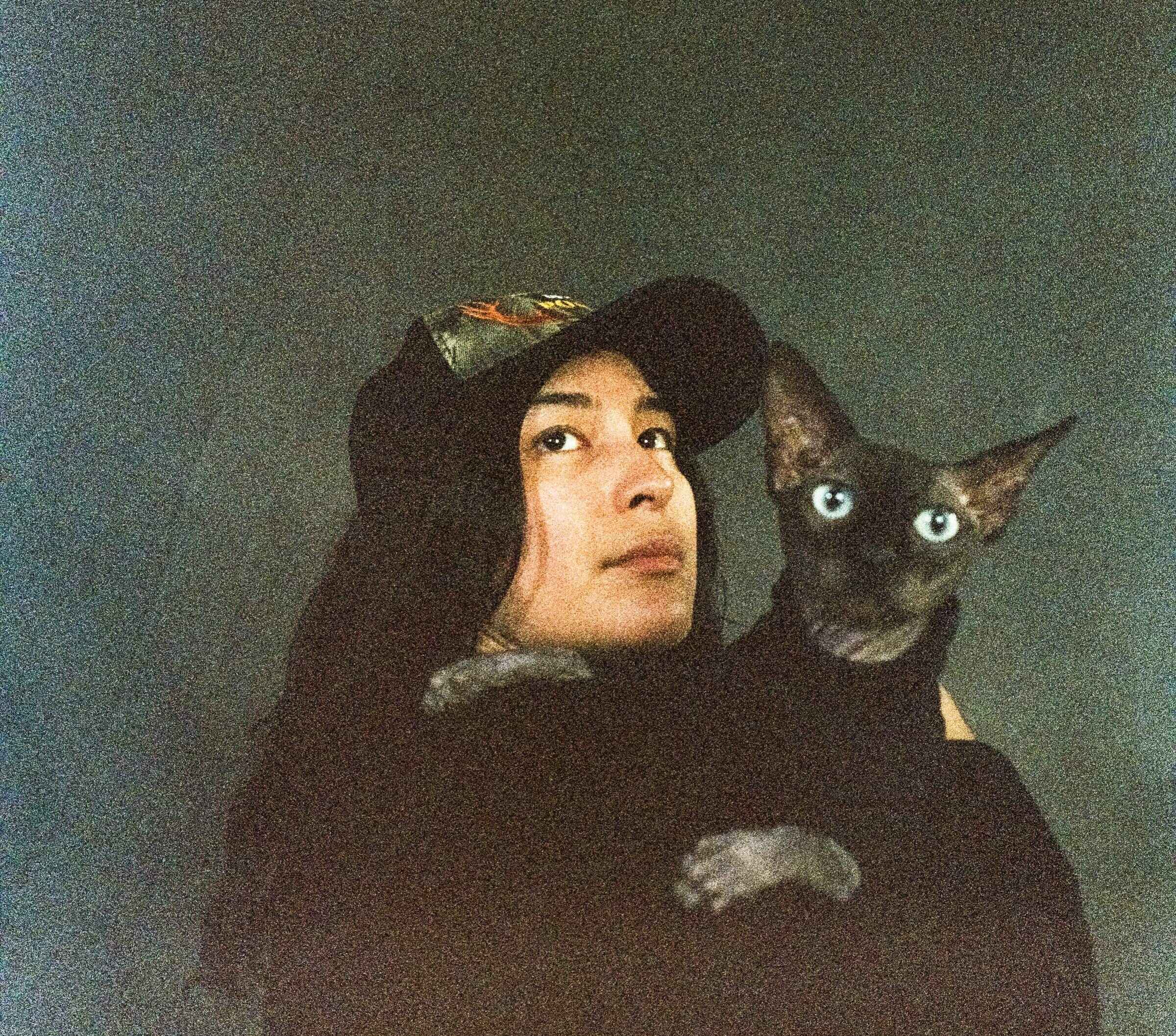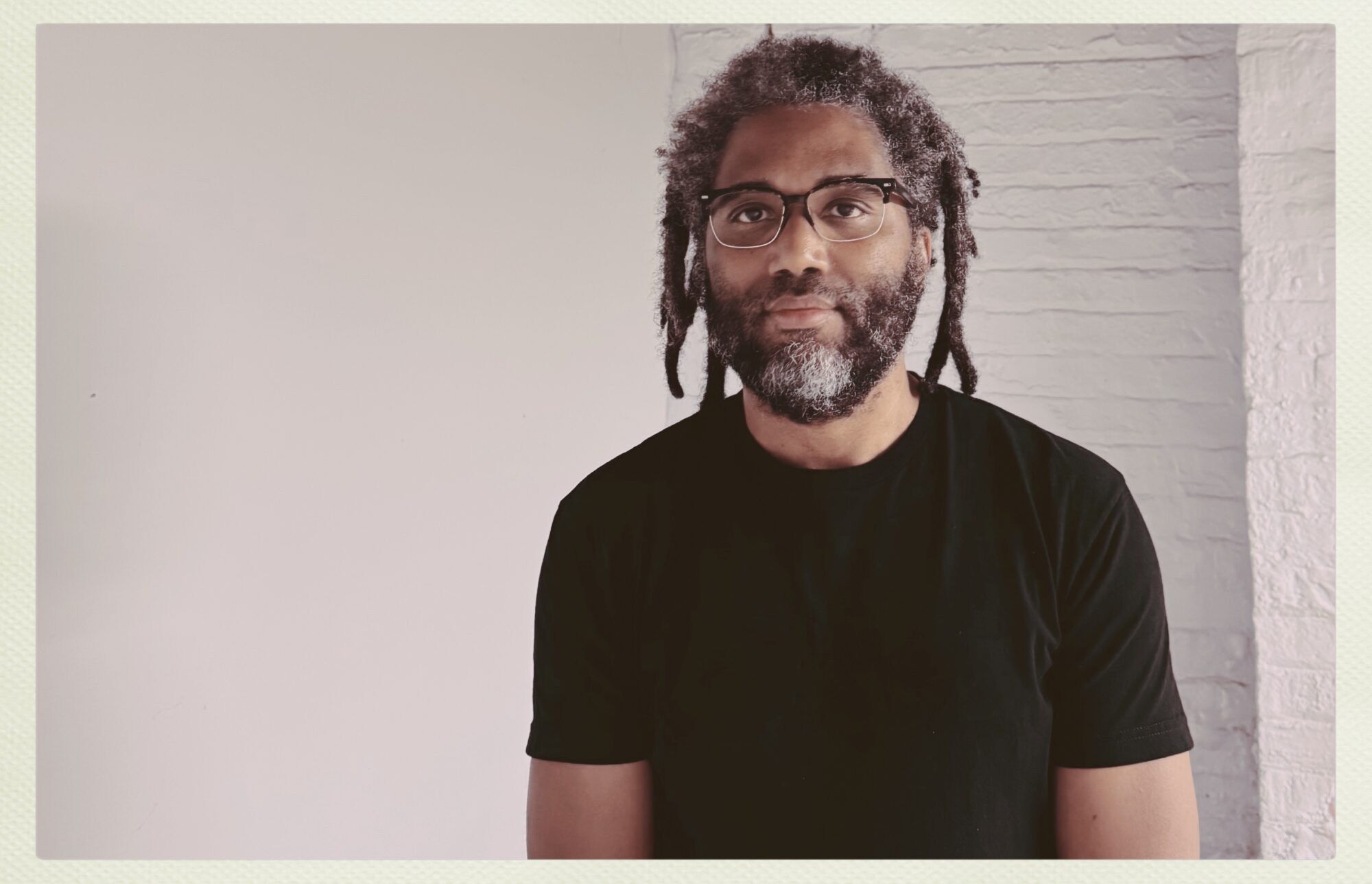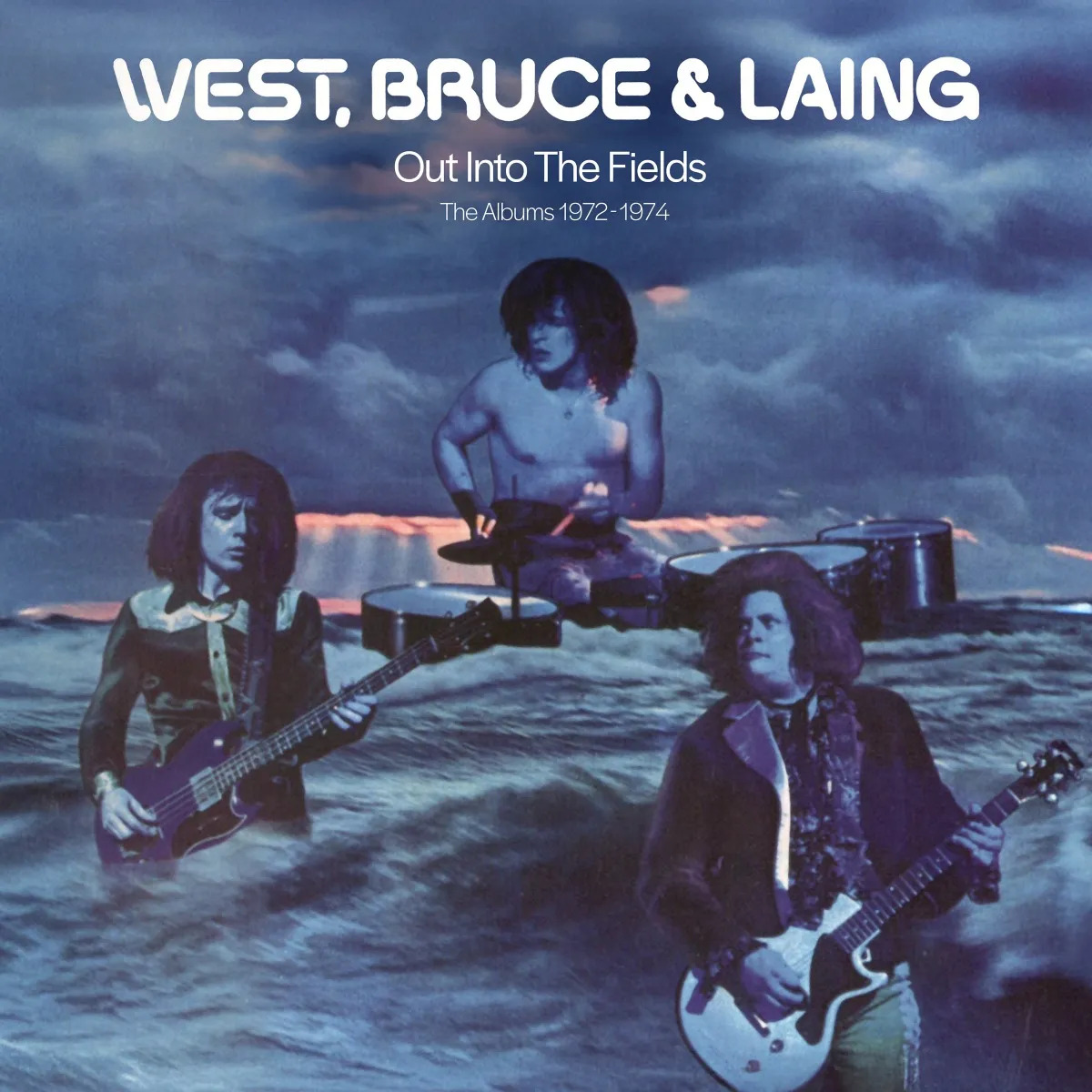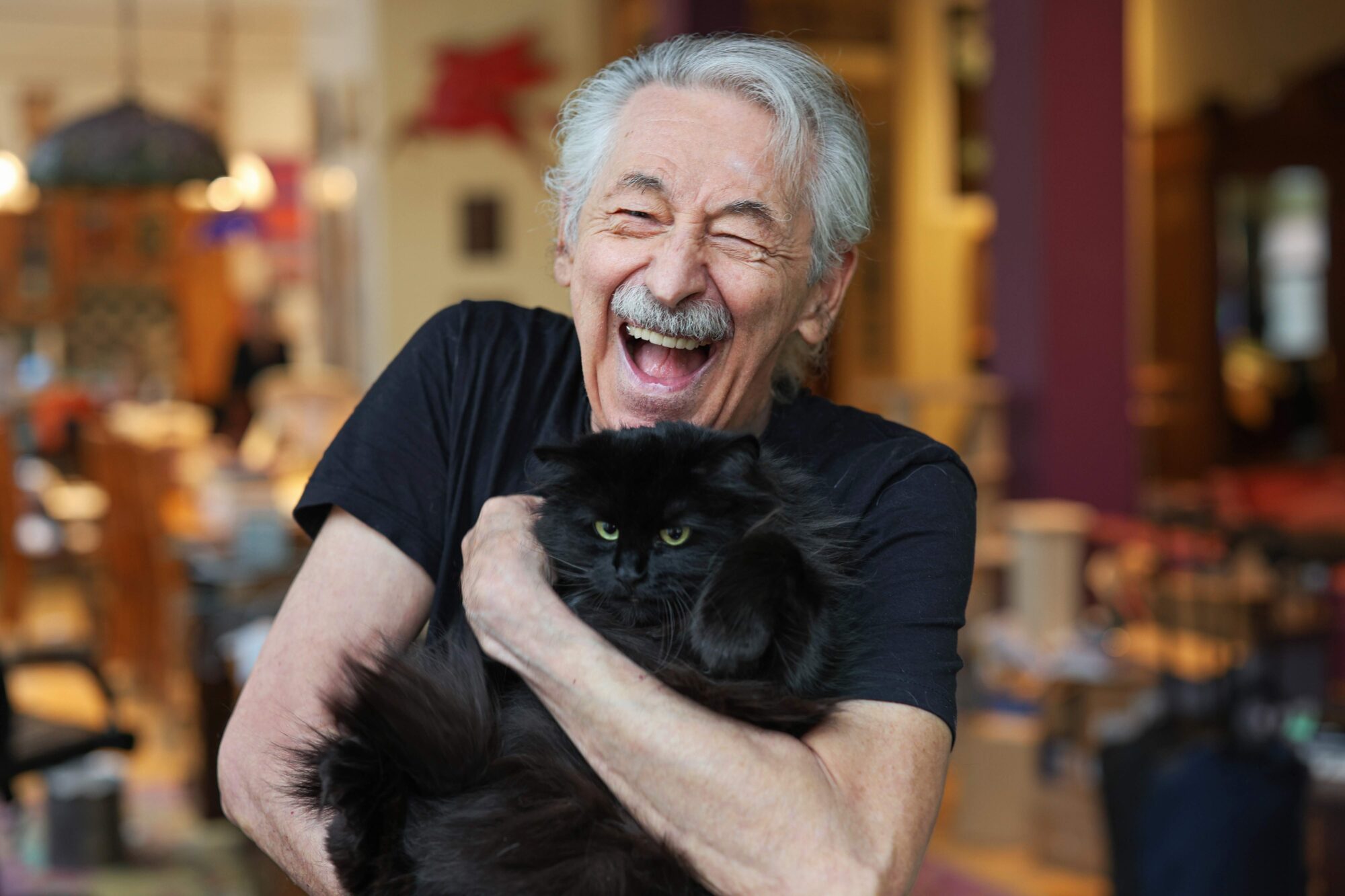Inside ‘Spiral Your Way Out’: An Interview with zzzahara
zzzahara levels up with ‘Spiral Your Way Out,’ a fearless album that hits harder and sticks longer than anything they’ve done before.
This goes deeper than heartbreak. This is emotional wreckage scorched onto tape. It sounds like it was made after a week of no sleep, too much caffeine, and one too many old memories coming back uninvited. Compared to ‘Tender,’ it’s sharper, louder, less forgiving. The gentle textures are still in there, but now they’re buried under layers of distortion, tape hiss, and vocals that feel more like pleas than performances. ‘Ghosts’ and ‘It Didn’t Mean Nothing’ play out like pages torn from a diary left out in the rain. ‘Wish That You Would Notice’ feels like shouting into traffic with no expectation of being heard. The production—thanks to Jorge Elbrecht and Sarah Tudzin—feels expansive without being polished. This record sits in that space between romantic collapse and artistic clarity. It is messy, direct, and weirdly addictive. Perfect for anyone who treats music like therapy and still buys zines at basement shows.
Born and raised in Highland Park, where they still call home, zzzahara is the solo project of Eyedress/Simps/U.S. Velvet guitarist Zahara Jaime, who has a knack for turning life’s ups and downs into music that feels both personal and wide open.
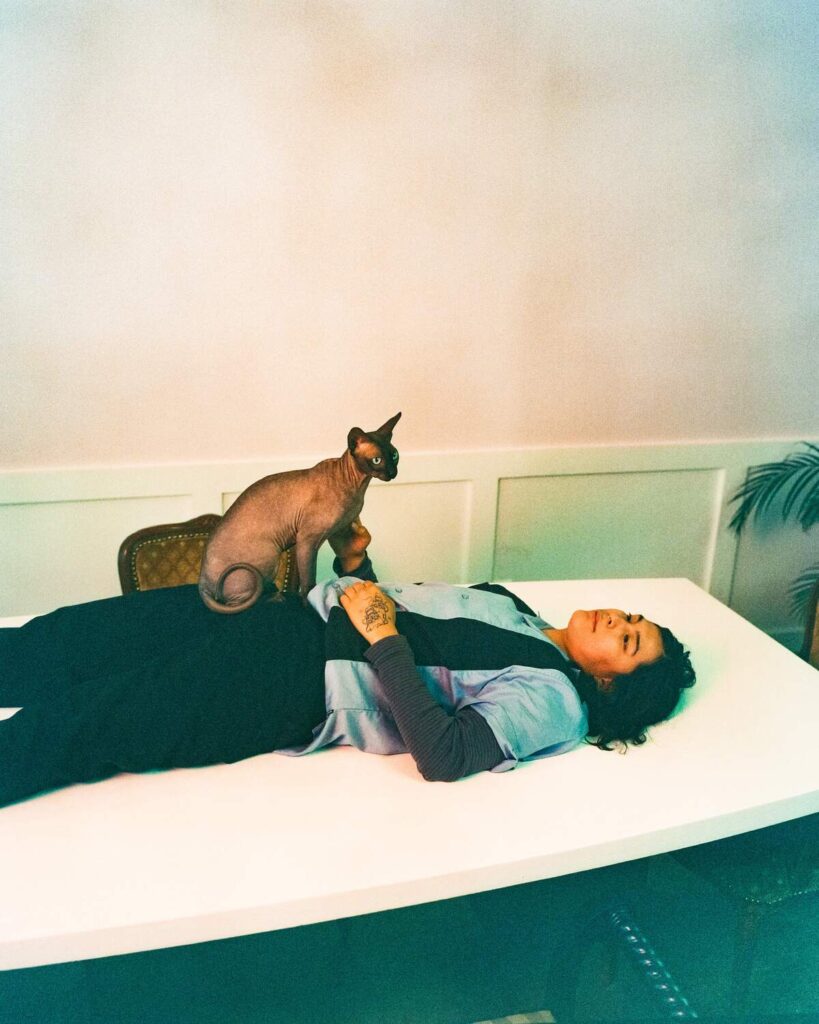
“‘Spiral Your Way Out’ came from a place of being hurt and just lashing out through the music.”
‘Spiral Your Way Out’ is all about hitting rock bottom and finding your way back. How did making this album feel different from your previous ones, especially after Tender, which had a more chilled vibe? Did anger shape this one more, and if so, how did it guide the process?
Zahara Jaime: Making this album felt more unrelaxed, emotional, and chaotic compared to making ‘Tender.’ Definitely. This record had loads of anger behind it, but also sadness. ‘Spiral Your Way Out’ came from a place of being hurt and just lashing out through the music.
There’s a sense of vulnerability in your music, but on ‘Spiral Your Way Out,’ it feels sharper, more confident. Was that something that happened naturally, or was there a conscious effort to go for a more assertive tone?
I think it happened more naturally and was part of my development as an artist. Artists have to let themselves feel a myriad of emotions in order to grow, and I just happened to feel so much when making this record. I think I was due for a heartbreak and some vulnerability.
Working with people like Jorge Elbrecht and Sarah Tudzin seems like it really pushed this album to another level. What was the most surprising or freeing part of collaborating with them and others?
The most freeing part of collaborating with Jorge, Sarah, and the other producers was that we seemed to gel right away and had musical chemistry instantly. It felt like nerding out with some longtime friends who I always wish I’d known before.
You’ve mentioned how your music can be therapeutic, but ‘Spiral Your Way Out’ feels like more of a full-on emotional purge. How did writing those intense tracks serve as a release for what you were feeling at the time? Were there any specific songs that felt especially cathartic to record?
You said the word, “therapeutic.” I felt good and I felt bad. Writing them felt intense. I wasn’t okay, and I didn’t try to mask it. I was pretty adamant about communicating to people where I was mentally at the time so I didn’t have to feel the pressure of holding it in. ‘Ghosts’ and ‘It Didn’t Mean Nothing’ are the most cathartic songs for me. I honestly felt sick every time I heard ‘Ghosts.’ I didn’t listen to it much because it made me feel queasy.
“Bukowski and Palahniuk made chaos seem okay and enlightening”
You’ve talked a lot about writers like Bukowski, Palahniuk, Joan Didion, and Eve Babitz influencing you. How do they impact your songwriting? Is there a particular line or moment from any of their works that stuck with you while you were making this album?
Bukowski and Palahniuk made chaos seem okay and enlightening. Those two push limits on self-destruction, but make it seem semi-human. I’m not too keen on how Bukowski describes his encounters with women, but it is real, and it seems like he can move on from heartbreak with a pen and some paper. I love Eve Babitz and Joan Didion’s accounts of life and meeting different characters along the way. They both mingled and hung with talented musicians, artists, and people involved in California counterculture. I was reading The Year of Magical Thinking and Blue Nights by Joan Didion at the time. She lost her husband and daughter within 1.5 years of each other… the way she handled grief was inspiring.
Your sound pulls from emo, punk, shoegaze, and garage rock, but still has a vibe that’s totally yours. How do you juggle all these influences and still keep your music personal and emotionally real?
I’m not sure. I just play what I feel at the time but try to make the genre in the records consistent. We’re in a time period where artists have more creative freedom to include whatever genre influence they want into their music without isolating their fanbase or getting backlash from their record label. I really love this time period of music.
‘Wish That You Would Notice’ feels like one of the most raw and direct tracks on the album. What made this one come out so intensely? Did you know right away it would hit people like it does?
I wrote that verse and chorus in five minutes. I felt intense when I wrote it because I was holding in a lot of grief. This is the first track recorded for this record. I didn’t know it would hit people the way it does, but it for sure has a potency to it.
On ‘Spiral Your Way Out,’ you really dive into a “spiraling” lifestyle and some chaotic moments. You’ve said you find comfort in that recklessness. How do you think that side of you shapes your music today? Do you embrace it, or are you still trying to balance it with the more introspective side of yourself?
Instead of trying to “heal,” I just really embrace how I’m feeling and not try to overcorrect anything. There’s definitely introspection and a balance taking place. If I had to be completely honest, I was in therapy for 3–4 years and have combed through a stack of self-help literature. I’m really into “letting it be,” thanks to some Buddhist books by Pema Chödrön, Kyle Rinpoche, and Thich Nhat Hanh. I let myself be who I am.
You’ve changed a lot emotionally and creatively since Liminal Spaces. How would you describe your personal growth through all your albums? Where does ‘Spiral Your Way Out’ fit into that journey?
For sure, I’m changing all the time. My life has never been static, which sometimes is a drag because I can’t really remember or process the happiest moments. Life feels fleeting through all the adventures and learning that takes place when you’re an artist. ‘Spiral Your Way Out’ is just a chapter in heartbreak as an adult—when “plans are supposed to be made”—and when it fails… things sting a whole lot more. The expectations in life get bigger and bigger, so naturally the emotions that follow either weigh you down or push you through—or both.
Self-discovery, broken relationships, and reclaiming control come up a lot in your lyrics. Do you see this album as wrapping up that story, or is it just another chapter? Where do you see yourself going next, both in terms of music and your personal growth?
I would love to wrap up most of that story and revel in growth. I think after making this record I feel like I know more about who I am as an artist. I see myself making another record from the perspective of others or finding influence in something else other than myself.
Your songwriting has this balance between diving deep into emotions and then pulling back, almost like a protective instinct. Do you ever struggle with how much to open up, or does that tension help you write more honestly?
For sure, like many other artists, I’m somewhat of a broken person who’s trying to find their place in life. I struggle with opening up, but I think the instruments in music provide me that medium to really want to talk about what I’m going through. I also think it helps others when you describe your experience. It’s humbling, and it’s human.
With ‘Spiral Your Way Out,’ do you feel like you’ve fully embraced who you are as an artist, flaws and all? What does it mean for you to “spiral your way out,” and how does that idea evolve as you grow as a person and a musician?
Flaws and all, I feel fully revived. I own who I am more after this record and can confidently say it’s okay to spiral. Spiral Your Way Out means to do what feels good, even if it is destructive to yourself. Of course, there are boundaries and balance, but overall it’s just letting things be. Sometimes you have to let your emotions win or guide you to grow and know more about who you are. You can’t grow unless you take risks.
You’ve said you finally decided to “let yourself go.” What does that decision mean for you—both for this record and for your life as a whole? How does it feel now that the album is out there in the world?
I just let myself be, and part of that is chaotic and part of that is sleeping all day. It’s just the honesty of someone who is going through a rough patch. I think that decision means that I have more awareness of who I am and what I want… and I’m not really too bothered by how the world views me. Honestly, it feels great, but sometimes I feel indifferent when I put a record out. It’s hard to gauge, but I do enjoy listening to the songs every now and then.
Was there a moment during the making of Spiral Your Way Out when you just knew you had something special? A moment where everything clicked?
I had that when the last three songs were added on. Something about it felt complete. I never really felt that with a record before. Something about this record felt more legit—probably because of the production and the nature of all the emotions taking place inside my head.
Your music feels so personal, but it also connects with a lot of people. Do you think it’s because we all go through similar stuff, or is there something about your honesty that really hits home for listeners?
I feel like we all go through similar stuff, and it connects people when you’re honest about it. So many of us want to belong, keep relationships, carry on, and understand how to cope with the fruits of life. Everyone feels stronger when they have a friend by their side, and some people just have that connection with music or an artist they relate to.
A lot of your tracks have this energy that makes you want to scream, cry, and dance all at once. How much of your music is about giving people a release? When you’re creating, do you think about how others might feel, or is it all about what you need to get out?
I’m not sure. I just want the music to have a vibe behind it. I think my emotions translate into the instrumentals, which often have some sort of chaos, dance, or sadness behind it.
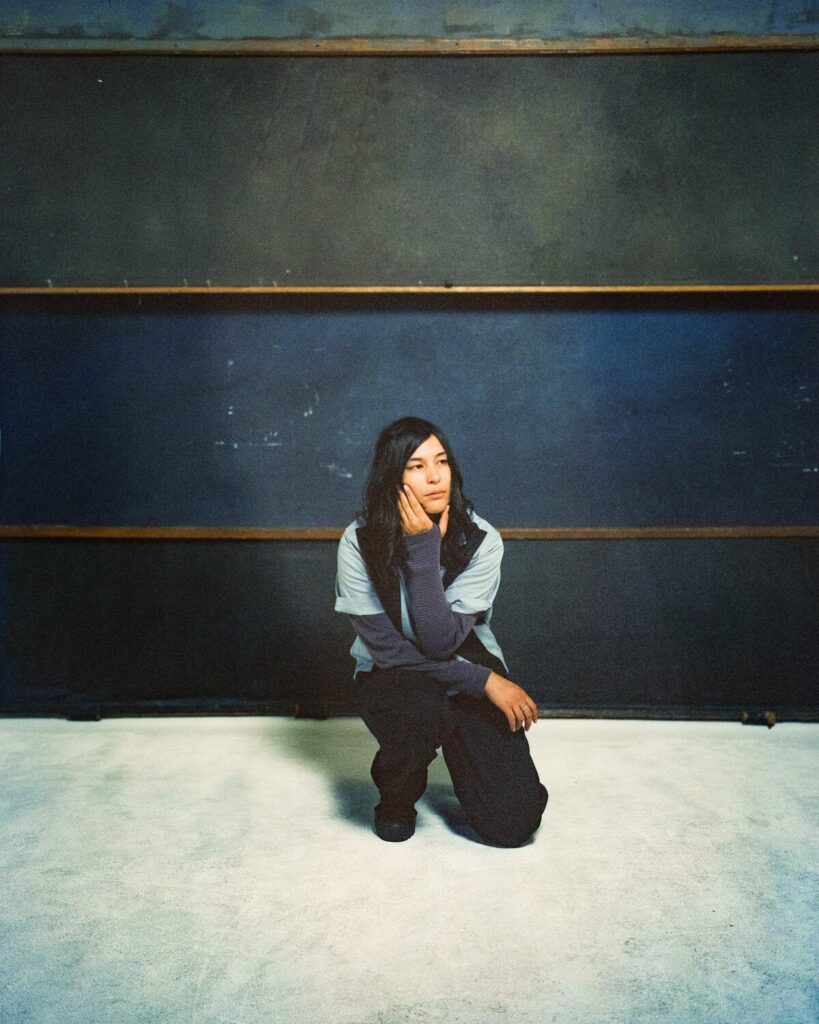
What’s on your turntable?
I don’t own a record player, but I’ve got the Magnetic Fields on repeat at the moment.
Klemen Breznikar
Headline photo: Pooneh Ghana
zzzahara Linktr / Instagram / Bandcamp / Bluesky / YouTube

